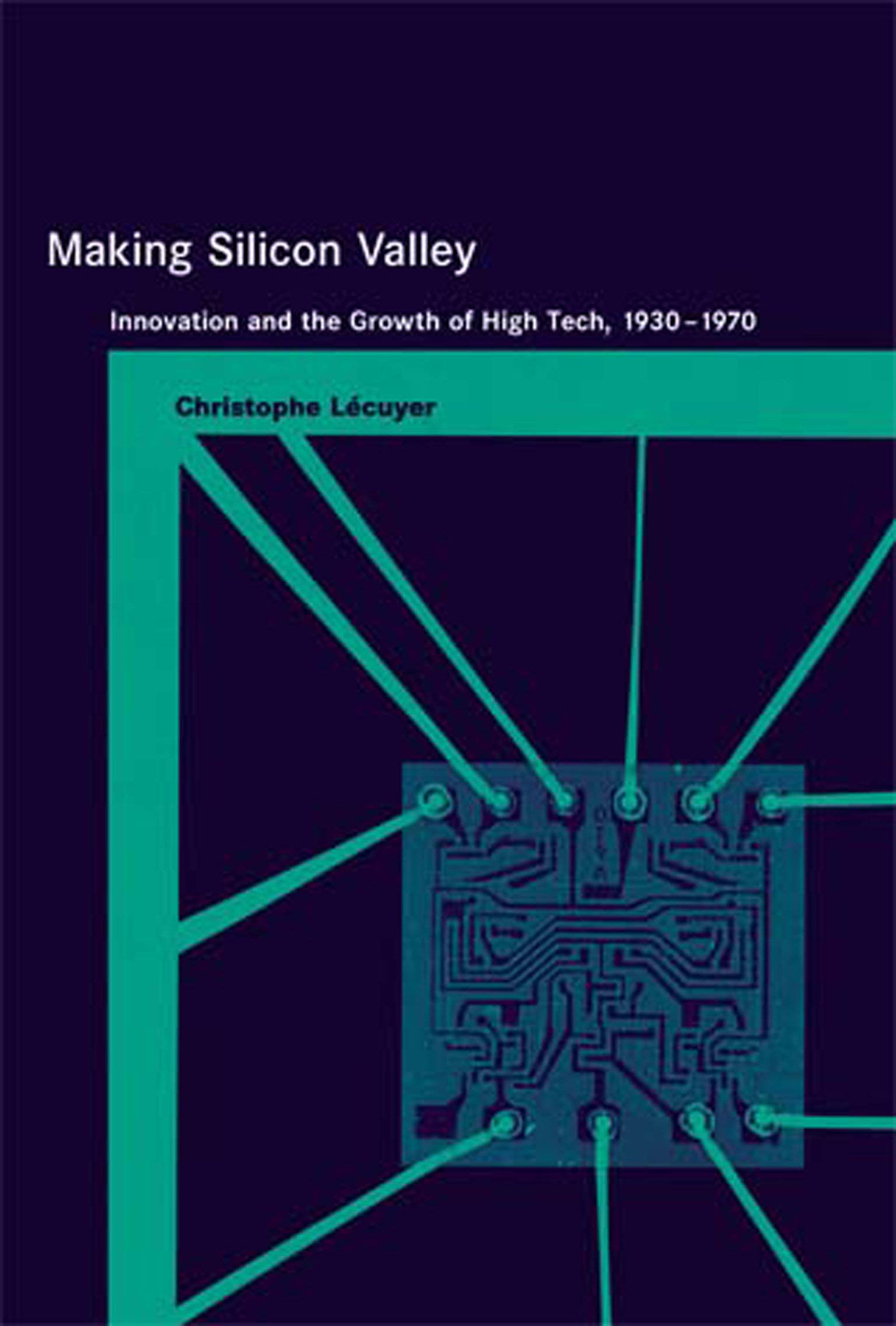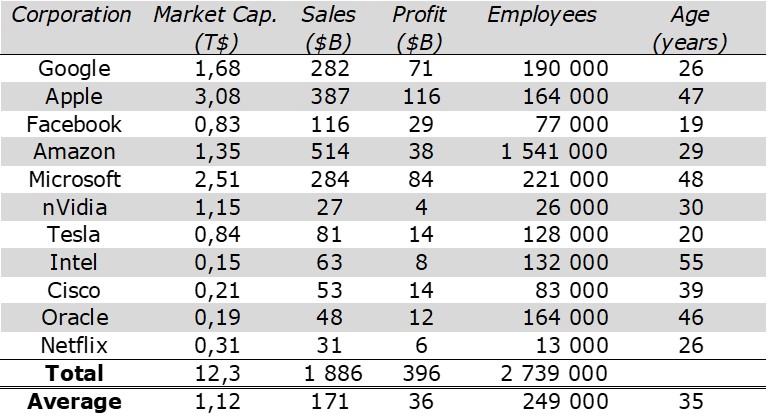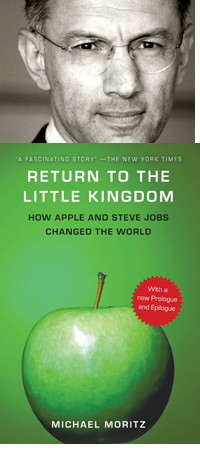At a time when Silicon Valley seems more powerful than ever, with GAFAs and others reaching values difficult to imagine just a few years ago, at a time when Artificial Intelligence seems to scare many and fascinate others with huge fund raising for openAI ($10B) or Inflection AI ($1B) [not to forget smaller French Mistral AI ($100M)], why would I like to talk about the death of Silicon Valley ?
The Birth and Growth of Silicon Valley
Well before digging any further, you may want to watch the short video above. And by the way when was Silicon Valley born ? I always claim it was in 1957 with the foundation of Fairchild (The First Trillion-Dollar Start-up) and the industry of the semiconductor. This is probably a little more complex as you’ll see in the video.
Now the figure above does not contradict that Silicon Valley began around that year, but the region was strong with microwave and power tubes before, mostly for military applications, with companies such as Litton Engineering Labs (1932), Hewlett-Packard (1939) or Varian Associates (1948). I took the figure from a book I found in my archive (but have not read yet – will do with maybe another blog article) : Making Silicon Valley – Innovation and the Growth of High Tech, 1930-1970 by Christophe Lécuyer.
Enough with history and back to the present. If you are not convinced by how powerful Silicon Valley is, just have a look at the table below. Even if I am aware that Microsoft and Amazon, neither Tesla anymore, do not belong geographically to Silicon Valley, they certainly are part of it from a cultural standpoint. And this is why I talk about the death of Silicon Valley. From a cultural standpoint.
Death of Silicon Valley from a Cultural Standpoint
A few days ago, friends from IMF sent me articles about the retirement of Michael Moritz. I would not be surprised if you do not know him, even if I mentioned his name on this bog in the past. He was a venture capitalist and venture capitalists are not the heroes of Silicon Valley. Bob Noyce, Steve Jobs, Larry Page and Sergey Brin were. Elon Musk probably not any more. “Look around who the heroes are. They aren’t lawyers, nor are they even so much the financiers. They’re the guys who start companies” (see here).
His Wikipedia page mentions “In July 2023, Moritz stepped down from Sequoia after nearly four decades.” It also adds that “his internet company investments include Google, Yahoo!, […] PayPal, Webvan, YouTube, eToys, and Zappos.” One can read for example on Techcrunch, Michael Moritz moves on, book-ending a long chapter at Sequoia Capital.
Moritz is in a long list of investors who decided to retire. The first generation stopped being active a long time ago (Arthur Rock, Don Valentine, Tom Perkins and Eugene Kleiner belong to that list) and the second generation is disappearing too (John Doerr who co-invested with Moritz in Google and was on the board of the company with him, also retired). All these relatively unknown people contributed in building Silicon Valley by supporting financially the most famous entrepreneurs.
It is not the first time I expressed doubts about Silicon Valley:
– a series of 3 articles about Optimism and Disillusionment in Silicon Valley in January 2023,
– an article from September 2021, Silicon Valley will soon be 65. Should it be Retired ? with references to Silicon Valley 2018 : The Libertarians Have Replaced the Hippies,
– or even older ones (2013) The promise of technology. Disappointing? and The Capital Sins of Silicon Valley.
It is really strange that a region could keep being so innovative more now for more than 60 years. And it will probably continue to be for a while. What is less clear is the continuation of this unique culture that Olivier Alexandre has brilliantly explained in his recent book, La tech.
We shall see…



